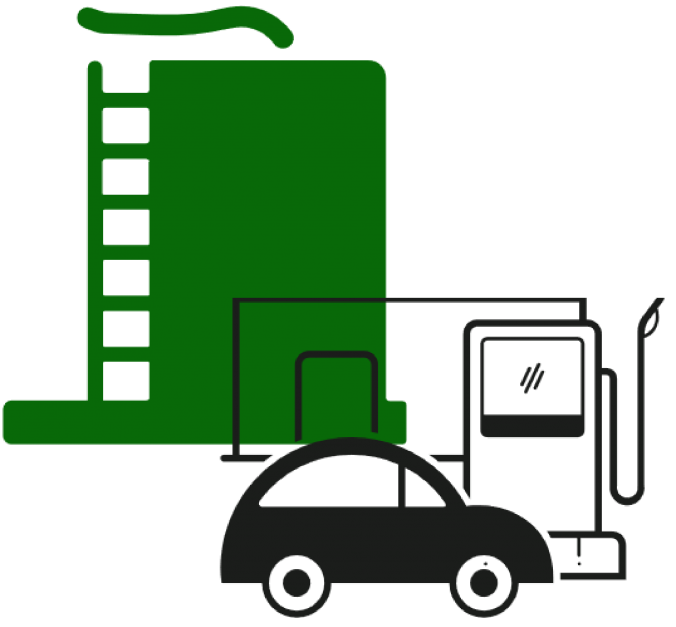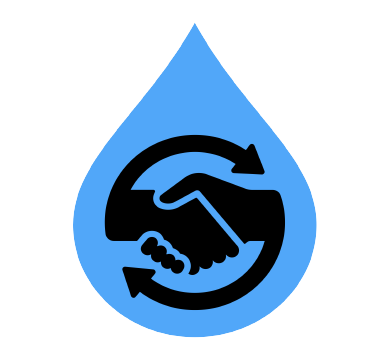In 2017, the North Carolina General Assembly passed General Statute §162A Article 8 (Article 8) to establish guidelines for how local government water utilities may calculate and charge System Development Fees (SDFs). SDFs are up-front fees charged to new developments connecting to the water system for the first time. They are designed to at least partially recover the cost of infrastructure investments required to provide the water system capacity needed to serve the development. The law required utilities wishing to charge SDFs to perform a supporting analysis to calculate the fee and follow specific guidance laid out in Article 8 by July 1, 2018.
In 2018-2019, the Environmental Finance Center at UNC surveyed local government water and wastewater utilities’ SDFs and connection fees across the state. Out of all local governments with utilities, 81 utilities, serving 63% of the statewide water utility service population, had reviewed their SDFs following the law’s guidance prior to July 2018 and supplied their fee schedules and supporting analyses to the EFC. This blog discusses four takeaways from the survey results. Continue reading





